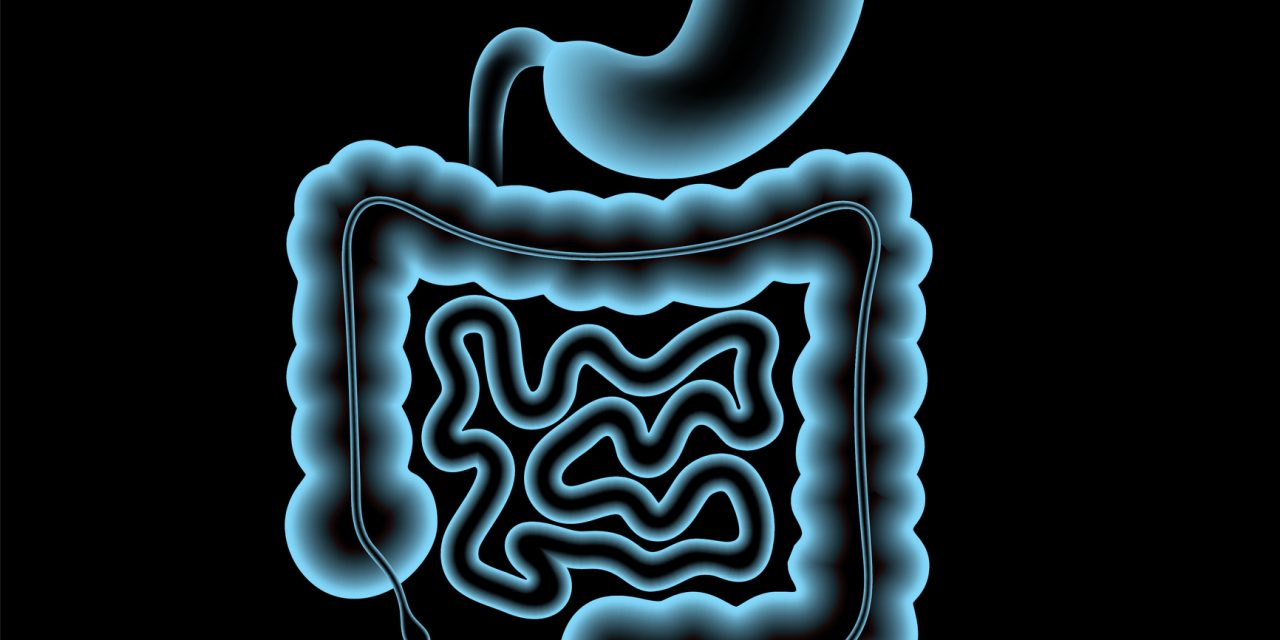Vedolizumab may be used to treat inflammatory bowel disease (IBD) effectively. Studies in IBD-adult patients have indicated that variations in vedolizumab reactions may be related to vedolizumab trough variability, but IBD data on vedolizumab trough levels are not available in children with pediatric ancestors. The function of trough levels is as far unknown in pediatric IBD therapy. In juvenile IBD patients researchers have investigated vedolizumab predictors. Retrospectively, data were obtained from patients receiving vedolizumab with an anti-tumor necrosis factor refractory in pediatric-onset IBDs. Serum samples obtained prior to each injection measured vedolizumab trough levels. The analysis of variables that impact levels in a linear mixed model was done. 258 individuals got vedolizumab infusions in 26 pediatric-onset IBD patients. In week 6, mean trough vedolizumab levels were 29.9 μg/mL and in maintenance therapy, the mean was 11.5 μg/mL. The levels of CD patients were much lower than those of IBD-U. Higher amounts of fecal calprotectin and C-reactive proteins have been related with lower levels, whereas shorter periods between infusions have resulted in higher levels.
The trough levels in CD patients were considerably lower than in UC/IBD-U patients in this group of patients with childhood admission to IBD. Higher inflammatory marker levels were linked to decreased levels of vedolizumab.
Reference: https://journals.lww.com/jpgn/Abstract/2020/10000/Vedolizumab_Trough_Levels_in_Children_With.17.aspx


